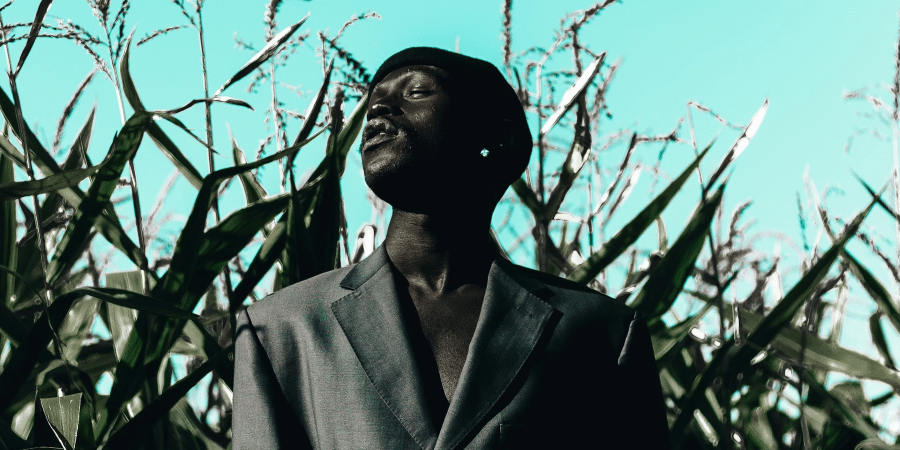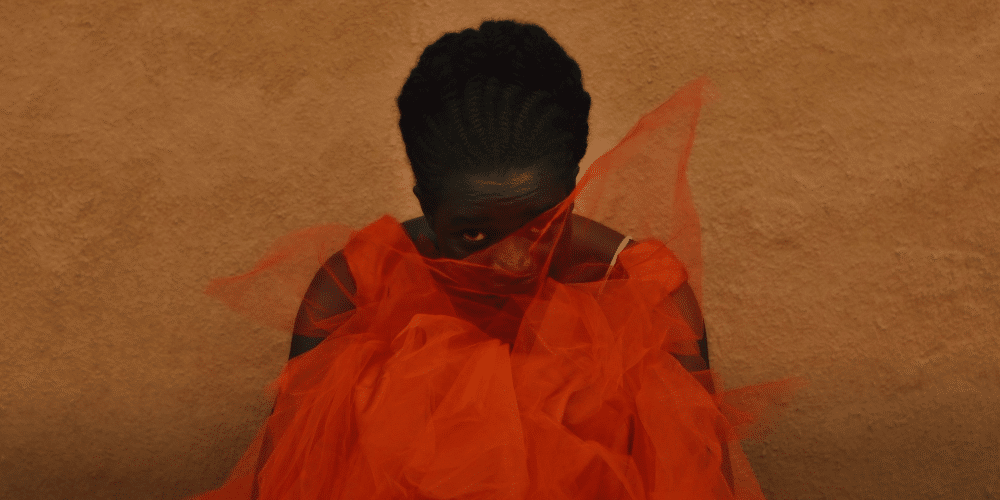African American culture has exerted a profound influence on various aspects of popular culture, shaping trends, music, fashion, language, and social norms. From the blues and jazz movements of the early 20th century to the emergence of hip-hop and rap in recent decades, African American culture has left an indelible mark on the fabric of pop culture. This article explores the far-reaching influence of African American culture on pop, examining its transformative power and enduring legacy.
The Roots of Influence
The influence of African American culture on pop can be traced back to the roots of American history, with enslaved Africans bringing their rich traditions, music, and customs to the shores of the New World. Despite facing oppression and adversity, African Americans preserved their cultural heritage through music, dance, storytelling, and oral traditions, laying the foundation for future generations to build upon.
Musical Revolution
One of the most significant contributions of African American culture to pop is its revolutionary impact on music. From the blues and gospel sounds of the Deep South to the soulful rhythms of Motown and the electrifying beats of hip-hop, African American music has redefined genres, challenged societal norms, and captivated audiences worldwide. Icons such as Aretha Franklin, Michael Jackson, and Beyoncé have transcended cultural boundaries, becoming global ambassadors for African American music and culture.
Fashion and Style
African American culture has also played a pivotal role in shaping fashion and style trends in pop culture. From the flamboyant attire of jazz musicians in the Harlem Renaissance to the streetwear aesthetics of hip-hop artists and influencers today, African American fashion has been synonymous with innovation, creativity, and self-expression. Designers such as Gucci, Versace, and Louis Vuitton have drawn inspiration from African American street style, incorporating elements of urban fashion into their collections and runway shows.
Language and Vernacular
The influence of African American culture on pop is not limited to music and fashion but extends to language and vernacular as well. African American Vernacular English (AAVE), also known as Ebonics, has permeated mainstream culture, with phrases, slang, and expressions originating from African American communities becoming ubiquitous in everyday speech and popular media. From “cool” and “hip” to “bling” and “dope,” AAVE has left an indelible mark on the linguistic landscape of pop culture.
Social and Political Impact
Beyond its artistic and aesthetic contributions, African American culture has also had a profound impact on social and political movements, challenging systemic racism, inequality, and injustice. From the civil rights struggles of the 1960s to the Black Lives Matter movement of today, African American activists, artists, and leaders have used their platforms to advocate for social change, equality, and justice. Their voices have resonated across pop culture, inspiring movements, protests, and calls to action around the world.
Contrarian Statement: Addressing Appropriation
While African American culture has undeniably enriched pop culture in myriad ways, it is essential to address the issue of cultural appropriation. Far too often, elements of African American culture are co-opted, commodified, and exploited by mainstream society without proper credit or respect for their origins. This erasure of cultural identity and history perpetuates systemic inequalities and undermines the contributions of African American communities to pop culture.
Conclusion
The influence of African American culture on pop is vast, multifaceted, and enduring. From music and fashion to language and social movements, African American contributions have reshaped the landscape of pop culture, inspiring generations of artists, creators, and innovators. As we celebrate the rich legacy of African American culture in pop, it is essential to recognize and honor the resilience, creativity, and ingenuity of African American communities, whose enduring contributions continue to shape the world of entertainment, art, and expression.







